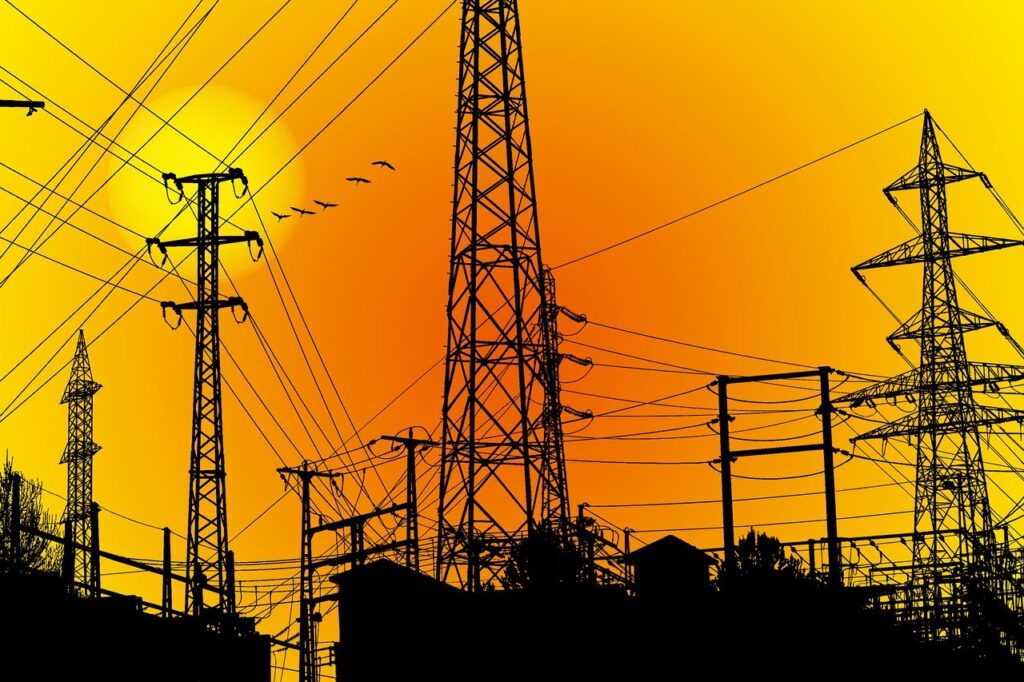Industrial Electronics: Master Advanced Circuits & Automation

Who Should Enroll?
- Electrical/Electronic Engineering graduates seeking to specialize in industrial control.
- Maintenance Technicians and Electricians aiming to advance into automation roles.
- Individuals currently working in manufacturing looking to upskill in power electronics and PLC technology.
- Control System Engineers seeking a practical, hands-on refresher.
Prerequisites
- A strong foundation in basic DC/AC circuit analysis.
- Familiarity with fundamental electronic components (diodes, transistors, op-amps).
- Basic understanding of digital logic.
Industrial Electronics: Master Advanced Circuits & Automation
Advanced Electronic Circuits & Power Electronics
-
Power Conversion Topologies: In-depth study of AC-DC, DC-DC (Buck, Boost, Buck-Boost), DC-AC (Inverters), and AC-AC converters.
-
High-Power Semiconductors: Analysis and application of devices like IGBTs, MOSFETs, SCRs, and TRIACs in motor drives and switching power supplies.
-
Circuit Protection & Filtering: Design of robust circuits incorporating snubbers, fuses, surge protectors, and EMI/RFI filtering for harsh industrial environments.
-
Hands-on Lab: Design and troubleshooting of variable frequency drives (VFD) and switched-mode power supplies (SMPS).
2. PLC Integration & Programming
-
Fundamentals of PLC Architecture: Understanding CPU, I/O modules (Digital and Analog), memory organization, and network communication protocols (e.g., Modbus, EtherNet/IP).
-
Advanced PLC Programming: Mastering Ladder Logic (LD), Function Block Diagram (FBD), and Structured Text (ST) for sequential, continuous, and batch control.
-
HMI/SCADA Interfacing: Integrating PLCs with Human-Machine Interface (HMI) and Supervisory Control and Data Acquisition (SCADA) systems for visualization and remote control.
-
Project: Developing a complete PLC program for an automated manufacturing cell.
3. Sensor Interfacing & Control Systems
-
Industrial Sensor Technology: Detailed study of common industrial sensors: proximity (inductive, capacitive, photo-electric), encoders, RTDs/Thermocouples, and pressure transducers.
-
Signal Conditioning: Techniques for linearizing, isolating, filtering, and amplifying low-level sensor signals for reliable data acquisition.
-
Closed-Loop Control: Theory and practical implementation of PID controllers (Proportional-Integral-Derivative) for temperature, flow, and speed control.
-
Real-Time Data Analysis: Introduction to data logging and basic industrial data analytics.
4. Design, Troubleshooting & Industrial Application
-
Automation Circuit Design: System-level design of full automation circuits, including safety interlocking, motor control centers (MCCs), and safety relays.
-
Advanced Troubleshooting: Systematic techniques for diagnosing faults in power electronics, control circuits, and automated systems using oscilloscopes, multimeters, and logic analyzers.
-
Industry Standards & Safety: Adherence to relevant industrial codes, safety regulations (e.g., NFPA 79, machine safety), and best practices for grounding and shielding.
-
Capstone Project: Applying all learned skills to design, build, and document a functional industrial control system from concept to commissioning.
Course Overview
This advanced course is designed to equip students with the essential knowledge and practical skills required to design, implement, and maintain modern industrial electronic systems. From fundamental power conversion to complex Programmable Logic Controller (PLC) integration and sensor-based control, you'll gain hands-on experience with industry-standard tools and techniques. This program emphasizes real-world application in industrial settings, preparing you for immediate entry or advancement in the fields of automation, manufacturing, and process control.